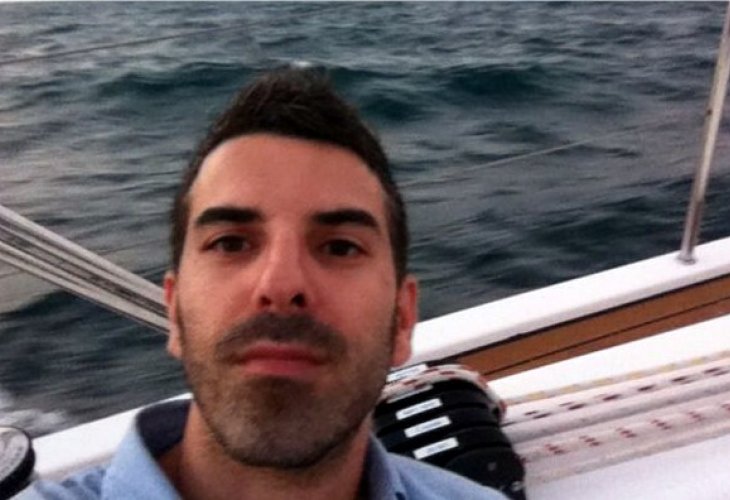Personal Stories
A Father's Passing Sparked a Son’s Return
A year of saying Kaddish showed Maor that Hashem truly orchestrates everything
 Maor Gabai
Maor GabaiMaor Gabai grew up in a traditional Jewish home. His family always kept Shabbat not necessarily out of deep observance, but because that was their custom. Beyond that, they didn’t keep many mitzvot (commandments). Until the age of 25, Maor never imagined himself on a path of spiritual growth. That all changed when his father passed away.
After the loss, someone explained to him the deep spiritual power of saying Kaddish, a special prayer said by mourners to elevate the soul of a loved one. It was the first time Maor heard that saying Kaddish could bring comfort and elevation to a soul in the next world. Even though he didn’t fully understand how it worked, something inside him awakened. He made a personal promise: he would say Kaddish for his father every day, at Mincha and Maariv (afternoon and evening prayers).
At the time, Maor was working as a warehouse keeper in a supermarket. Nearby, just a short half-minute walk away was a small synagogue. That’s where he planned to say Kaddish each day. But the synagogue wasn’t always full. There were times when it didn’t even have a minyan (a group of ten Jewish men required for communal prayer), and Maor worried he might miss his daily Kaddish.
But Hashem had already prepared everything.
“For an entire year,” Maor says, “something incredible happened. Every single day, without fail, we had a minyan. It didn’t make sense. That little synagogue was never consistent before but suddenly, people just started showing up. I knew it wasn’t random. It felt like Hashem was holding my hand, quietly whispering, ‘I’ve got you. I’ll help you keep your promise.’”
Then came the day after the year of mourning ended. Maor arrived at the usual time and found the synagogue empty. The men who had been regulars disappeared. Some prayed elsewhere. The minyan simply vanished.
“It was as if a special group of angels, a spiritual task force, had been gathered just for that one year, to help me keep my commitment,” he says. “And once the mission was complete, they were released to go on to something else.”
That moment deeply shook Maor and it woke something inside him. “It was so clear to me that there is a Creator who sees everything. That year changed me.”
From that point on, Maor continued to grow in observance. He started putting on tefillin, keeping Shabbat more carefully, eating only kosher food, and gradually drawing closer to Hashem. There were more signs of divine guidance along the way.
“A few days after my father passed,” Maor shares, “a friend gave me a pair of tefillin he wasn’t using. I used them faithfully for seven years. Then one day, I decided to finally buy my own pair. And they arrived can you believe it?—exactly one day after my father’s yahrzeit (the anniversary of his passing).”
Maor doesn’t believe in coincidence anymore. “That timing was perfect. I felt like it was Hashem giving me a hug, saying, ‘I see you. I’m with you.’”
Today, years later, Maor still says Kaddish when needed, but more importantly, he lives a life connected to Torah and mitzvot. What started as one small act during a painful time became the spark for a lifetime of faith and meaning.
“I thought I was doing something for my father,” he says. “But really, Hashem was doing something for me.”

